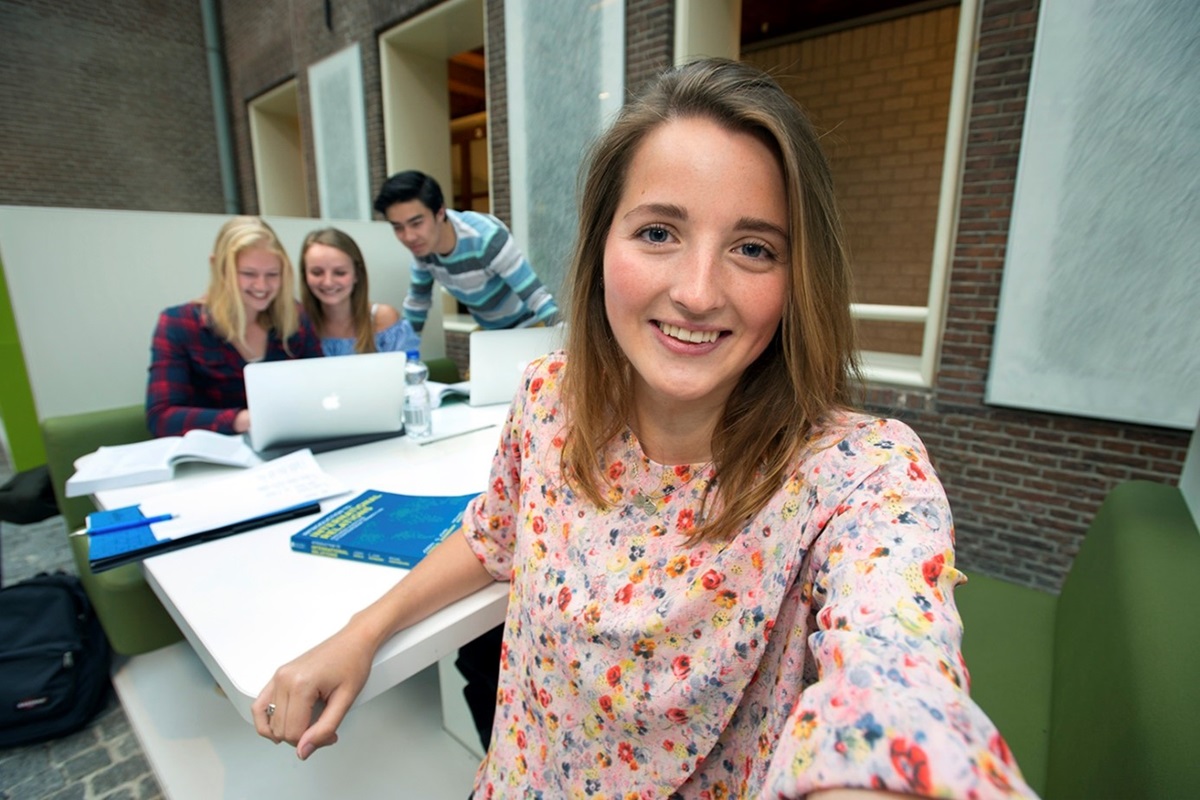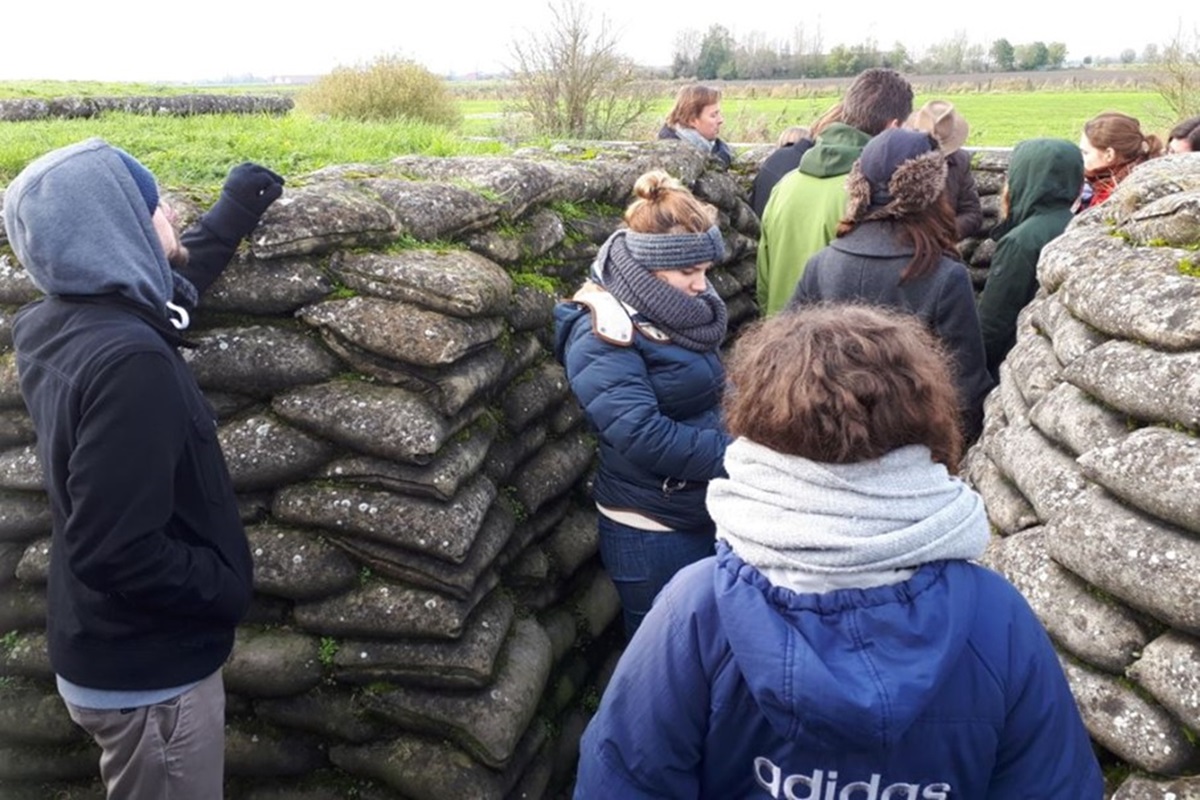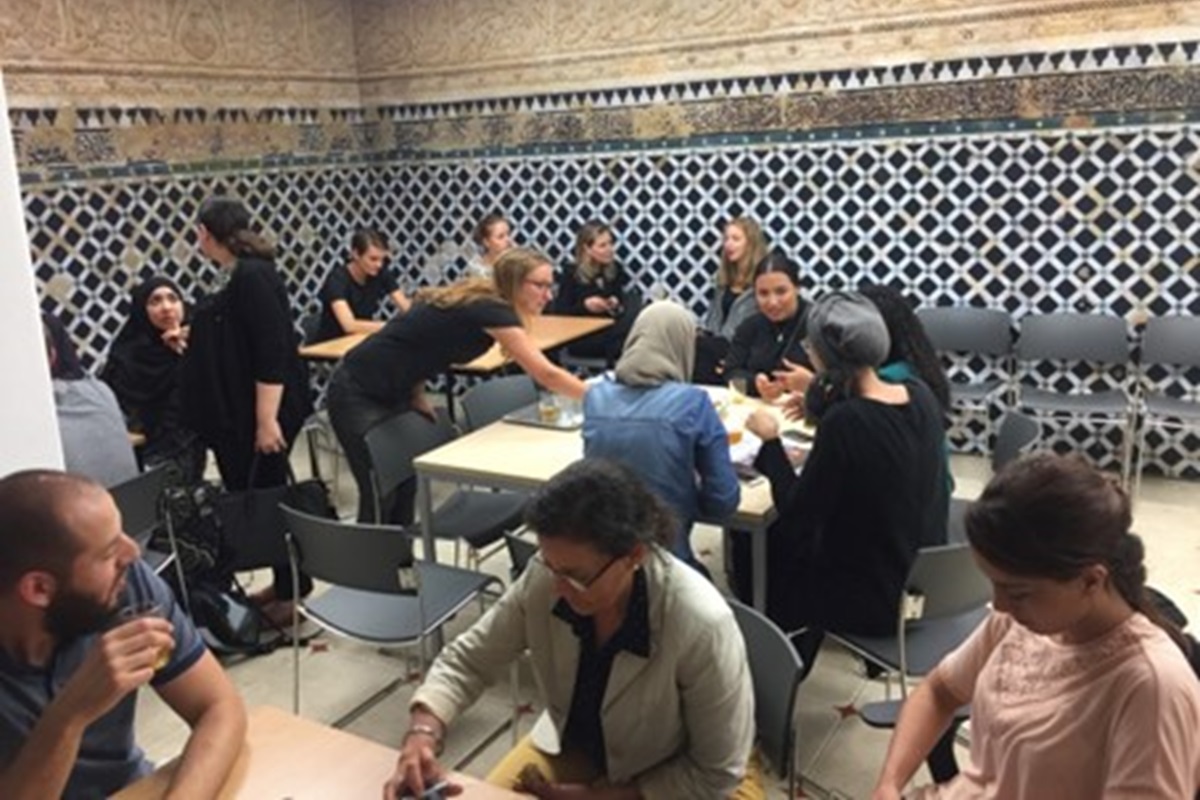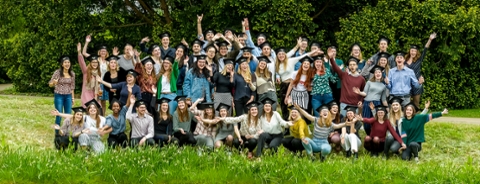Are you a bachelor’s student, looking for an extra challenge? As one of the Honours College tracks of Leiden University, Humanities Lab offers you the chance to work on your personal and academic development, with a focus on the humanities. Join the community and learn how to make a difference!
What you need to know about Humanities Lab
Humanities Lab (30 EC) is one of the Honours College tracks at Leiden University. It challenges you to cross disciplinary borders when working on topical issues such as (post)colonialism, identity, big data and cultural memory. These issues are too complex to be handled by any one discipline, either from the natural or social sciences, from law, medicine or the humanities.
In Humanities Lab you learn how to switch conceptual and methodological tools while focusing on different aspects of the problems at hand. You work together in small groups to improve our understanding of the many different connections involved, pushing toward possible solutions. Humanities can make a real difference here!
Humanities Lab is a flexible programme with four components
Choose four courses in blocks that combine best with your regular schedule, plus two mandatory modules (5 EC each). All Humanities Lab modules are scheduled on Friday afternoon, in Leiden or The Hague. Honours Classes are offered throughout the year, on different days and hours of the week.
-
Compulsory module Humanities Lab 101 (5 EC)
Lectures combined with tutorials, offering a general introduction to core concepts and themes in the humanities.
-
Key (2) and Advanced modules (1) (5 EC each)
Small interdisciplinary workgroups addressing questions of topical societal interest, using cross-disciplinary methods of approach.
-
Compulsory Capstone project (5 EC)
Work together in small teams on a research project of your own design, focusing on a question of topical interest for society or the world of science. Present your findings at the closing conference.
-
Honours Class (5 EC)
Honours Classes bring together students from programmes across the university to work on interdisciplinary topics and to train specific academic skills.
Learn more about Humanities Lab in 3 minutes
A selection of the modules:

Food, Globalization and National Identity
Food is a universal, yet highly diverse, feature of the human condition. It is an essential way through which individuals and societies define themselves. This course reviews the major instances of culinary globalization – from the Columbian Exchange to the global spread of McDonalds - and their impact on national identity. It explores the role of food in nation branding activities, and the recent phenomenon of gastronationalism. Examples will be drawn from across the world.

War and Remembrance
This module explores the way we remember war, how this memory is produced and for which political, ideological and other goals. How does 'collective memory' relate to experience, historiography and (national) identity? In what way does the dominant cultural representations of the past shape individual memory? Looking at several major armed conflicts of the 20th Century the course analyses the way these have been remembered through the prism provided by various media.

A Francophone Magreb?
The Maghreb countries (particularly Morocco, Algeria and Tunisia) cannot be understood without a Francophone perspective. This seminar and the stay at NIMAR (Dutch Institute in Rabat; 5 days), students will gain insight into the multilingual challenges of the cultural and political life in the Maghreb. The lectures examine the historical and political aspects of the Francophony in the Maghreb, the language policies and the relationships between language, identity and literary production.
For a full overview, please check the student site

